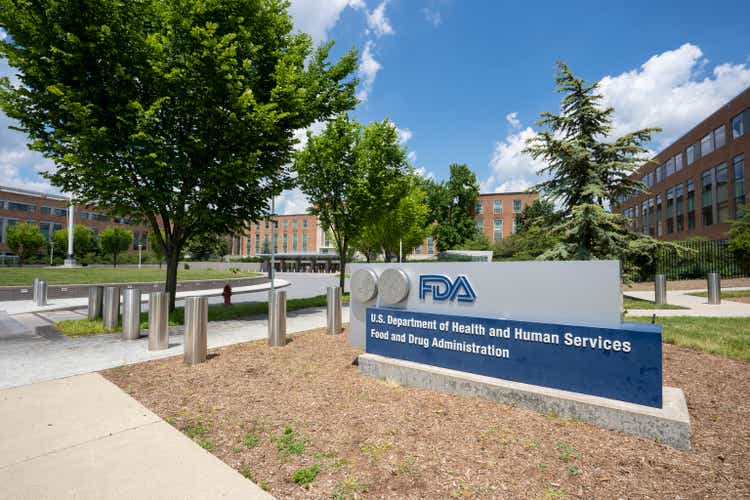FDA draft guidance impacts companies using accelerated approval for oncology drugs
hapabapa
The US FDA has issued a draft guidance for pharmaceutical and biotechnology companies pursuing accelerated approval for oncology candidates on designing clinical trials.
The purpose of the guidance is to improve the quality of the data used in accelerated approval applications as well as start confirmatory trials after approval more quickly.
The FDA says there are two randomized trial approaches. Either two separate randomized controlled clinical trials or one trial for both accelerated approval and to verify clinical benefit.
In addition, there are criteria for sponsors to weigh the adequacy of single-arm studies to support an application if they choose to go that route.
The agency said that there are benefits of a randomized trial compared to single-arm ones by highlighting that using the one clinical trial "may not require separate clinical trials because longer term follow-up in the same trial could fulfill a post-marketing requirement to verify clinical benefit.
"Moreover, confirmatory trials that are in progress at the time of accelerated approval are more likely to result in a timely verification of clinical benefit, therefore minimizing the period of uncertainty for patients."
While accelerated drug approvals allow new treatments to come to market faster, some have come under criticism due to weak data and postmarket studies that either take a long time to complete or fail.
Select drugmakers working on cancer treatments: Pfizer (NYSE:PFE), Merck (NYSE:MRK), Bristol-Myers Squibb (NYSE:BMY), Eli Lilly (LLY), Roche (OTCQX:RHHBY), AstraZeneca (AZN), Roche (OTCQX:RHHBY), Amgen (AMGN), and Gilead Sciences (NASDAQ:GILD).
Comments on the guidance will be accepted for 60 days.
On Monday, top FDA official Peter Marks said the agency needs to consider an accelerated approval pathway for gene therapies.